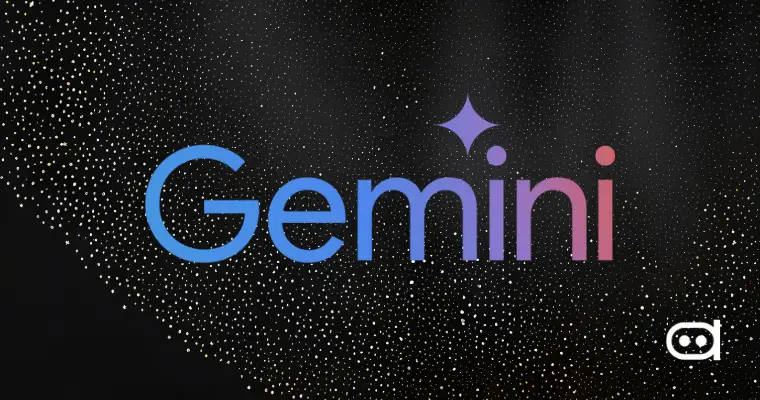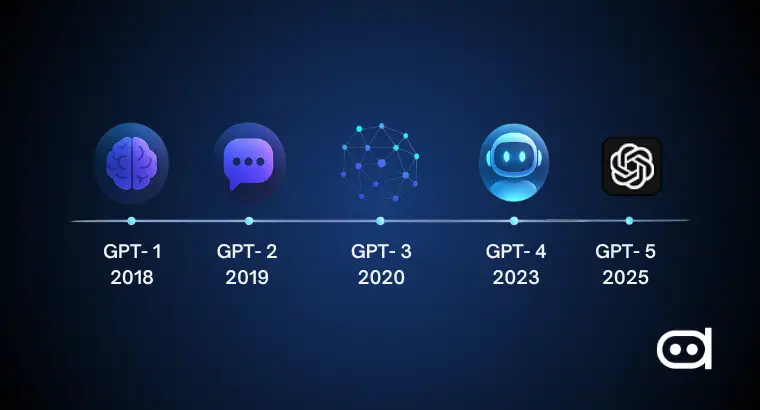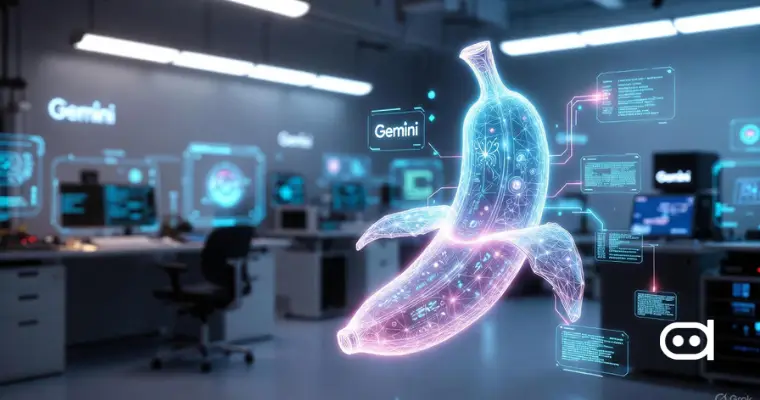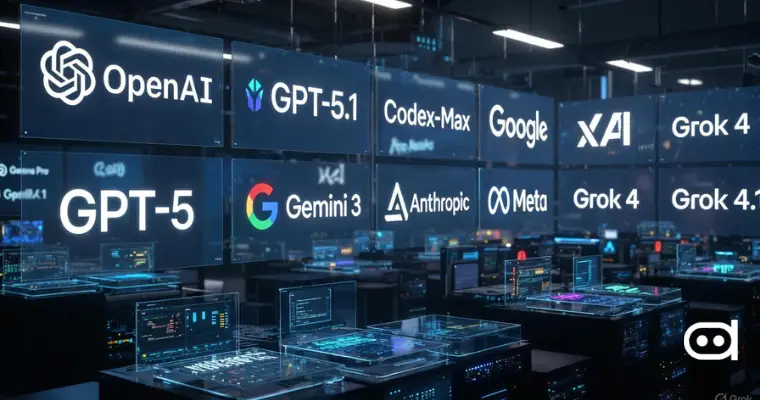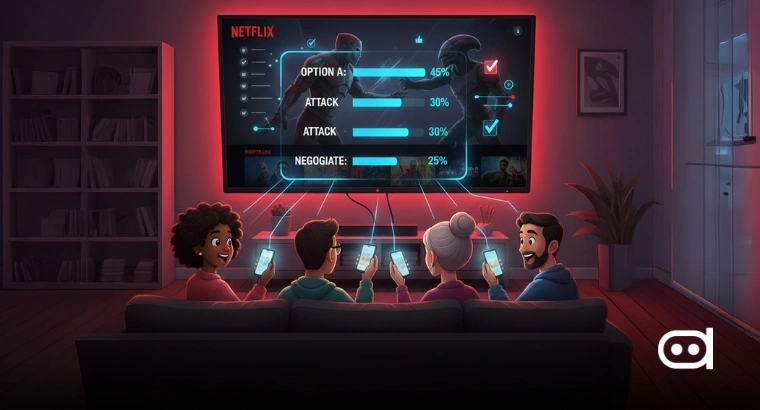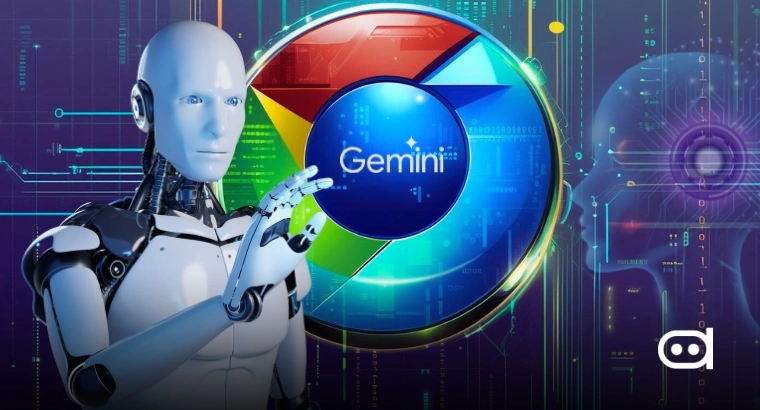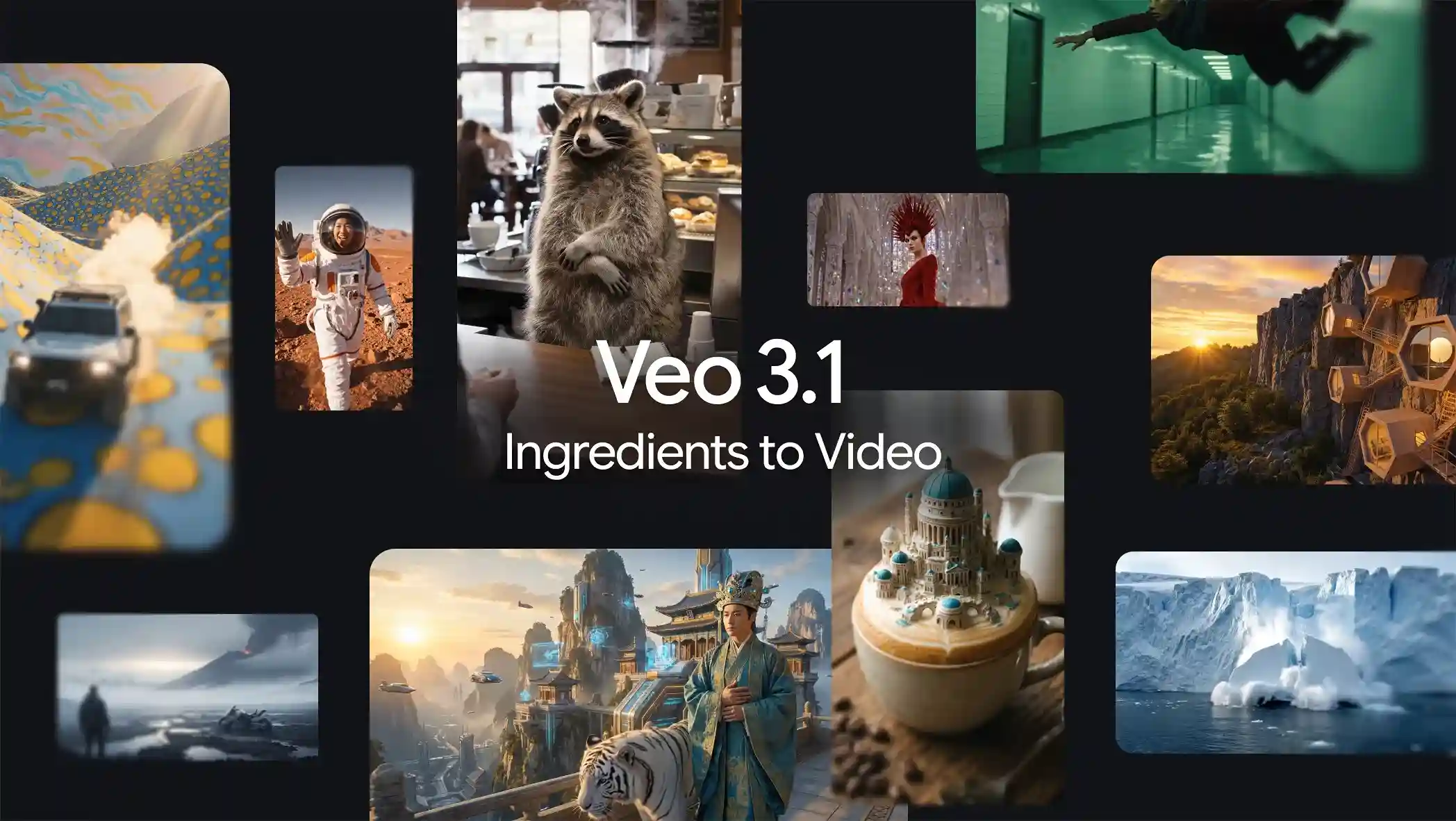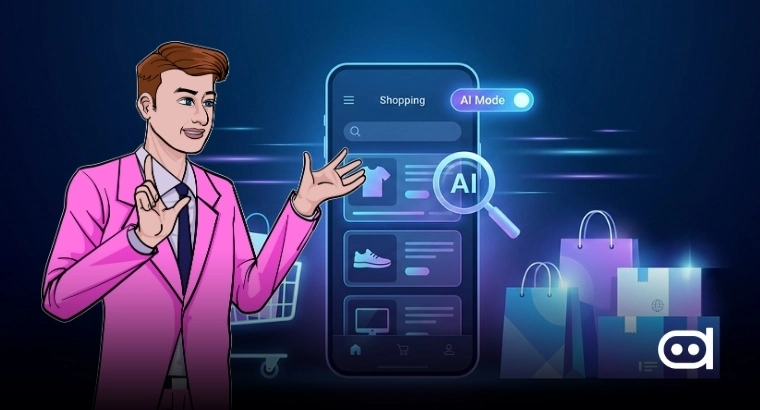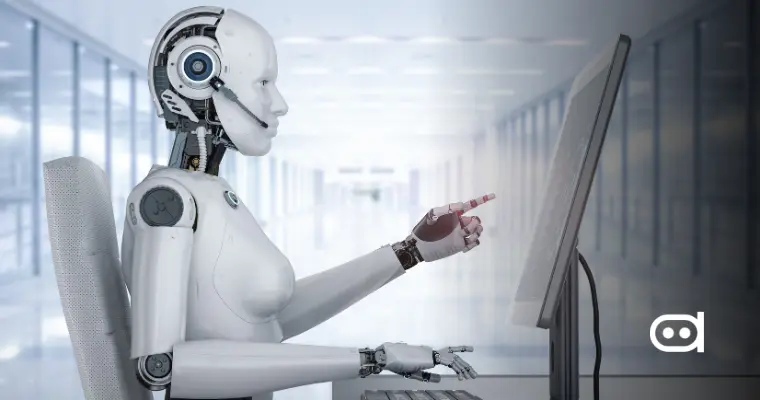
The realm of software development has undergone a significant change ever since artificial intelligence disrupted the industry. The technology has moved from basic suggestions of code in IDEs to advanced generative tools that automate tests, debugging, and even designing entire applications. In 2025, developers and organizations have made a significant leap by promoting AI as a partner or collaborator rather than keeping it as an assistive tool.
The Current Role of AI in Software Development (As of 2025)
AI-assisted coding tools, like GitHub Copilot, Gemini CLI, and Tabnine, play a huge role in software development, serving as intelligent programmers that work alongside developers. They leverage large language models (LLMs) to provide code suggestions in real-time, automate repetitive tasks, and create a more productive developer experience.
Tools like GitHub Copilot and Gemini CLI provide recommendations on contextual code completion, generating complete functions or blocks of code while providing explanations of the code written in existing files.
Additionally, AI is used in testing and debugging. It can identify errors, suggest corrections, and generate unit tests that improve the code’s overall coverage. It automates the debugging process so that developers can create robust applications more effectively.
AI tools help improve code completion through intelligent context-driven suggestions, which reduce potential errors and manual typing. Furthermore, these tools have made it easier to analyze existing code and generate automated documentation, including detailed descriptions and comments. This reduces development time and increases code maintainability.
As of 2025, smart AI-powered refactoring tools are capable of analyzing code files for inefficiencies, suggesting better algorithms, and eliminating redundancy which are some of the important practices to build more efficient and cleaner code bases.
Top Trends in AI-Driven Software Development in 2025
The top trends of AI in software development in 2025 include prompt-based software engineering, integration of AI in CI/CD pipelines, AI-generated UI/UX designs and wireframes, and AI-driven DevOps automation, among many others.
- Prompt-based software engineering, in particular, has become very popular as it leverages natural language processing (NLP) to support software development. This allows developers to operate AI systems and instruct them to write code, design interfaces, and write functionalities based on simple text prompts.
- Among the popular AI software development trends, AI’s incorporation into CI/CD (continuous integration and continuous delivery) pipelines is also noteworthy. This can automate tasks related to failure prediction, anomaly detection, and optimal deployment.
- AI developer tools in 2025 can generate UI/UX designs and wireframes that operate on design preferences and user inputs.
- The use of AI has led to the development of higher degrees of automation for DevOps practices for various tasks like testing, code review, and infrastructure management.
Latest AI Tools Revolutionizing Tech Development in 2025
The world of AI-driven software engineering is on the cusp of a paradigm shift. There is a rapid growth of specialized AI developer tools in 2025 that are developed to streamline different aspects of software development. A few standout tools have been highlighted below –
Devin – The Autonomous AI Software Engineer
Devin is an AI Agent which is different from any average coding assistant. It can independently design, execute, and carry out complex tasks in the field of software engineering. Devin’s level of autonomy is worth mentioning as it comes with potential benefits in the usage of AI for developers, such as increased productivity, development democratization, efficient automation in coding, and reduced development time, all of which herald a future where AI coding tools can undertake complex coding tasks.
Codeium
An innovative tool, Codeium, takes debugging of automatic programming to another level. It is designed to be a lightweight coding assistant that instantly identifies and resolves issues present in the programming base. Apart from AI code generation, it also integrates well with popular IDEs and text editors and supports various programming languages. The tool can speed up the entire coding process and also improve code quality through optimization.
Gemini Code Assist (Google)
Google’s Gemini Code Assist, built on the Gemini 2.0 large language model, is an AI-powered coding assistant that directly integrates into popular IDEs such as Visual Studio Code. It provides context-aware code completions, refactoring suggestions, and bug identification and fixes, among many others. The highlighting features of Gemini Code Assist lie in its fine-tuning, especially for coding tasks that allow it to understand programming patterns, concepts, and best practices across various frameworks and languages.
Human-AI Collaboration: Changing Developer Roles
With AI being increasingly integrated into the software development process, developers’ daily tasks are changing drastically, moving away from a job centered on writing code to one centered more on orchestrating AI systems to generate them.
All this, while focusing on high-level tasks like critical thinking, design, and problem-solving. The key skills required in this new structure include a deep understanding of large language models (LLMs), prompt engineering, and model fine-tuning, so they can communicate and leverage the tools to maximize performance.
The task of AI software developers involves –
- Coding to Orchestration – As AI begins to take over many of the repetitive tasks of coding, developers can spend more time working on larger issues like reviewing AI-generated code, designing solutions, and verifying the accuracy of output.
- Advanced innovation and creativity – AI lets developers automate mundane tasks, free their time to address the more complex problems, and allows innovation to be put towards what makes humans uniquely qualified.
- Prompt engineering – While using AI systems, a proper introduction or prompt needs to be constructed to help AI produce the desired outcome instead of giving haphazard results.
- Model fine-tuning – Developers need to use fine-tuning or customization of small and large models to reach the ultimate goal of their solution.
- Understanding of LLMs – To build effective mechanisms for collaboration with LLMs, understanding of how large language models operate is invaluable.
Benefits of AI in Software Development
- Increased Productivity – Developers can focus more on creative and complex work with AI in software development that automates repetitive tasks like debugging, testing, and code generation.
- Ensures superior quality of code – AI tools can improve code quality by using advanced code review tools and machine learning algorithms that identify potential issues while recommending improvements.
- Reduced development cost through automation – Significant cost savings are possible with AI in software development projects since repetitive tasks are automated, manual testing is reduced, and resource allocation is optimized.
- Allow real-time data analysis – Developers using AI-powered tools can make informed decisions and analyze large data sets required for daily operations and strategic planning.
- Faster time-to-market – AI integration into software development not only reduces costs but also significantly accelerates time-to-market.
Challenges and Limitations
Every advancement in technology comes with a set of nuanced challenges that are essential to recognize and address. This section is all about the challenges and limitations that software developers using AI tools experience –
- Learning curve and complexity – Using AI tools can have a significant learning curve for software developers. Mastering artificial intelligence and machine learning concepts demands massive time and effort.
- Privacy concerns and data dependency –The effectiveness of AI relies on data quality and availability. However, getting relevant and diverse datasets has certain challenges that can heavily impact AI algorithm performance.
- Integration with current systems – Traditional systems lack inherent compatibility with artificial intelligence, which can lead to obstacles doing integration.
Our Verdict
AI has dramatically disrupted the field of software development. Originally seen as a technological assistant to entry-level developers, this new advancement has become an incredible partner that redefines how applications are developed, tested, and deployed.
While AI systems have grown spectacularly during the 2020s, and especially in 2025, many developers have changed from core to project managers and AI orchestrators, leading to many trends like prompt-based engineering, AI-driven DevOps, and autonomous coding agents like Devin and Gemini Code Assist.
The days of coding line by line are gone as developers now work towards the creative side of development. While there are challenges like steep learning curve and integration that still remain with AI in software development, the benefits of improved quality, productivity, and faster time-to-market make AI a cornerstone of the future of software development.
FAQs
How is AI used in software development in 2025?
AI is heavily used in software development to generate automated code, test, and debug, optimize DevOps, and scan code vulnerabilities to identify risks.
Can AI replace software developers?
AI can significantly transform how software developers work, but cannot fully replace them.
What AI tools are popular among developers in 2025?
The popular AI tools for developers in 2025 are GitHub Copilot, Gemini CLI, and Tabnine.
What skills should developers learn to stay relevant with AI?
To stay relevant with AI, software developers need to have a deep understanding of large language models, prompt engineering, and model fine-tuning.
What programming languages are best supported by AI tools in 2025?
The top programming languages best supported by AI tools in 2025 are Python, Java, C++, and JavaScript.
How secure is AI-generated code?
While AI-generated code is known to have numerous benefits, they are not inherently secure. They may contain security vulnerabilities and compliance issues, but can be employed securely with careful testing, review, and integration.
